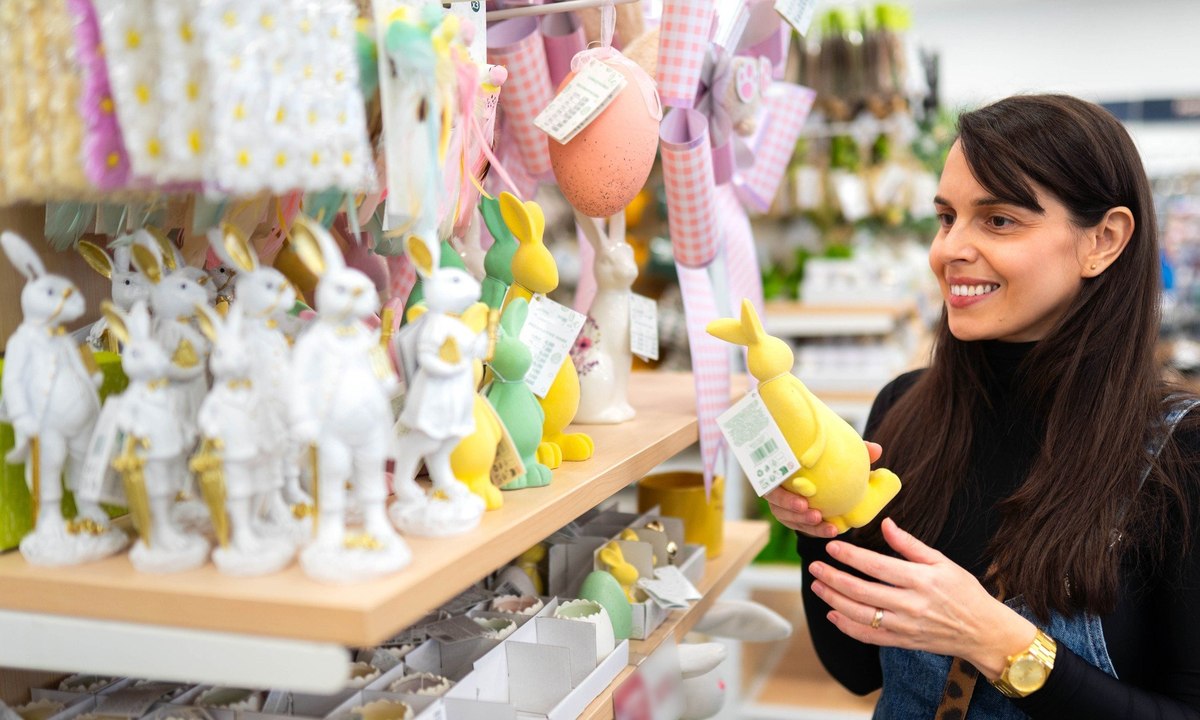
Two-thirds of Australians are concerned about the impact of inflation on their future spending
Around the world, many consumers are feeling the effects of rising inflation and the rising cost of living, forcing them to cut back in areas of spending to try and balance their finances. Latest data from YouGov’s Global FMCG/CPG & Retail whitepaper 2023 – Changing purchasing habits in a cost-of-living crisis, shows that more than nearly half (49%) consumers in Australia have seen a decrease in their disposable income over the past 12 months while 26% have seen no change. With only a fifth (19%) having experienced an increase, overall, the negative impact on disposable income outweighs the positive more by more than two-fold.
Furthermore, two-thirds of Australians are concerned about the impact of inflation on their spending in the next 12 months, and only 13% are not worried. Worry is higher among 45-54 years old adults and lesser among adults between 18-24 years as well as those above 55.
The report also explores the products and services that are showing increasing price sensitivity in the past six months.
Groceries tops the list of the most price-sensitive categories with 57% of Australian consumers saying they have been price-conscious in this category in the past six months. Two in five (39%) are conscious of the price of utilities. Around a third have been concerned about the cost of take-out food (34%) and clothing/ shoes (31%). Medicines (21%) car/vehicle (21%) and air travel (21%) fall within the next tier of price-sensitive categories, along with out-of-home entertainment (19%).
With price sensitivity increasing across a number of products, brands, and retailers will have to actively engage in pricing activities and leverage their customer-based brand equity to stay afloat in the middle of this storm.
The data shows that grocery spending is likely to surge, with around a third (32%) planning to increase spend on food & beverages in the next 12 months, more those who intend to spend less (24%). Additionally, two in five (39%) are likely to spend the same amount. Similarly, the household supplies/ toiletries category is likely to remain stable, with consumers likely to spend more or the same amount than those who may increase or decrease their spending.
The apparel and personal care category can expect cutbacks with more consumers saying they will decrease their spending than increase it.
The two categories most likely to be affected by inflation are toys/puzzles/games/books and alcohol, where consumers are more likely to not buy or reduce their spend than increase it.
In order to manage their expenses better, consumers are resorting to a number of smart shopping tactics. Nearly half of the consumers in Australia said they have done without certain products (48%) to combat inflation. Many have shopped at a budget or cheaper store (46%), compared prices (44%) or maintained a tight budget (43%).
Looking ahead, using loyalty cards more often (50%) and comparing prices across retail channels (49%) are likely to be the top future tactics, with half of Aussie consumers saying so. This is closely followed by waiting for the price of products to be slashed in sales or on sale days (48%), a tight shopping budget (48%), and buying alternative cheaper brands (46%).
To download the full global report, click here.
Methodology
The insights in this report are drawn from a recent global YouGov Custom Survey focusing on the FMCG/CPG and Retail sectors. Covering 18 global markets of more than 19,000 respondents, our survey was fielded between 17th January 2023 and 1st February 2023. Data for Australia is based on a nationally representative sample of 1038 respondents.
The report explores how consumer purchasing behavior adjusts to higher prices, the FMCG/CPG categories consumers are cutting back - or spending more on - and investigates the tactics consumers are implementing to save money.
The YouGov panel provides a naturally accurate and representative view of the population. Data is adjusted with mild weighting using interlocking demographic characteristics—a methodology considered advanced in the market research space.



































